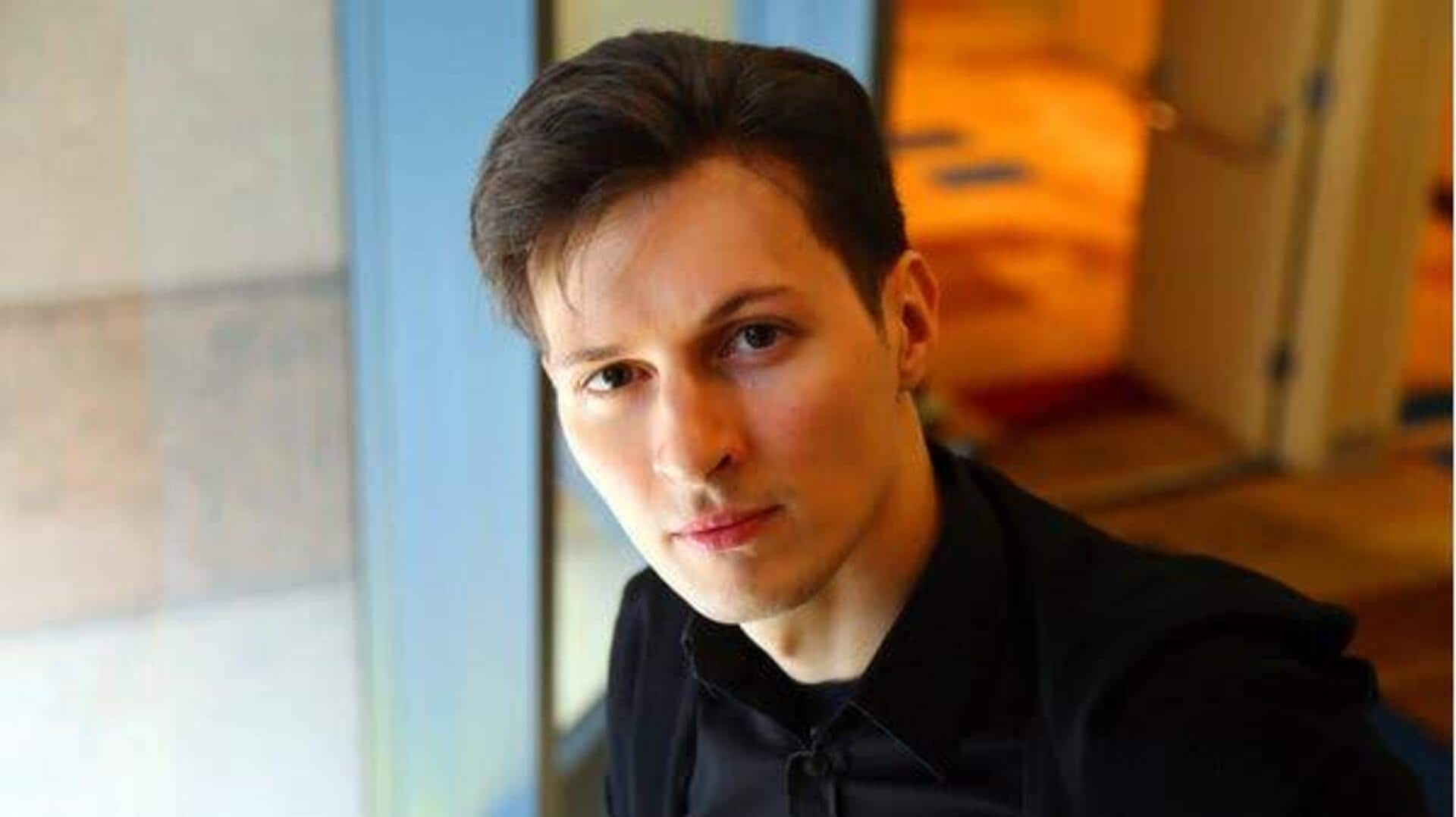
US behind Telegram CEO Pavel Durov's arrest, says Russian lawmaker
What's the story
Pavel Durov, the Russian-born founder and CEO of messaging platform Telegram, was arrested in France over the weekend. The arrest is part of an investigation into allegations of child pornography, drug trafficking, and fraudulent transactions on Telegram. Now, Vyacheslav Volodin, a senior ally of Russian President Vladimir Putin and Chairman of Russia's State Duma lower house of parliament, has claimed the US is behind Durov's arrest. He suggested that through France, the US is attempting to gain control over Telegram.
Reactions
France says no political motive behind arrest
"Telegram is one of the few and at the same time the largest internet platforms over which the United States has no influence," Volodin stated in a post. Volodin further suggested that with the US presidential election approaching, it is crucial for Joe Biden to control Telegram. However, French President Emmanuel Macron has denied any political motives behind the arrest. The White House has not yet commented on this matter.
Reach
Telegram's influence and role in global communication
Telegram, headquartered in Dubai, has nearly one billion users worldwide. It is especially influential in Russia, Ukraine, and former Soviet Union republics. Following major social media platforms like YouTube, Instagram, Facebook, TikTok and WeChat, Telegram wants to reach one billion users within the next year. Since Russia's invasion of Ukraine in 2022, the platform has been a primary source for unfiltered content about the war from both sides involved.
Company's stance
Telegram responds to Durov's arrest
In response to Durov's arrest, Telegram stated that it complies with EU laws and has nothing to hide. The company called it "absurd" to hold a platform responsible for user abuse. Critics including Edward Snowden, the former NSA whistleblower now residing in Russia, and Tesla CEO Elon Musk have strongly condemned the arrest. American entrepreneur Balaji Srinivasan criticized the French government's actions as being more about control than crime prevention.